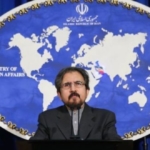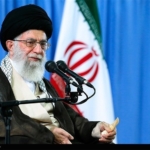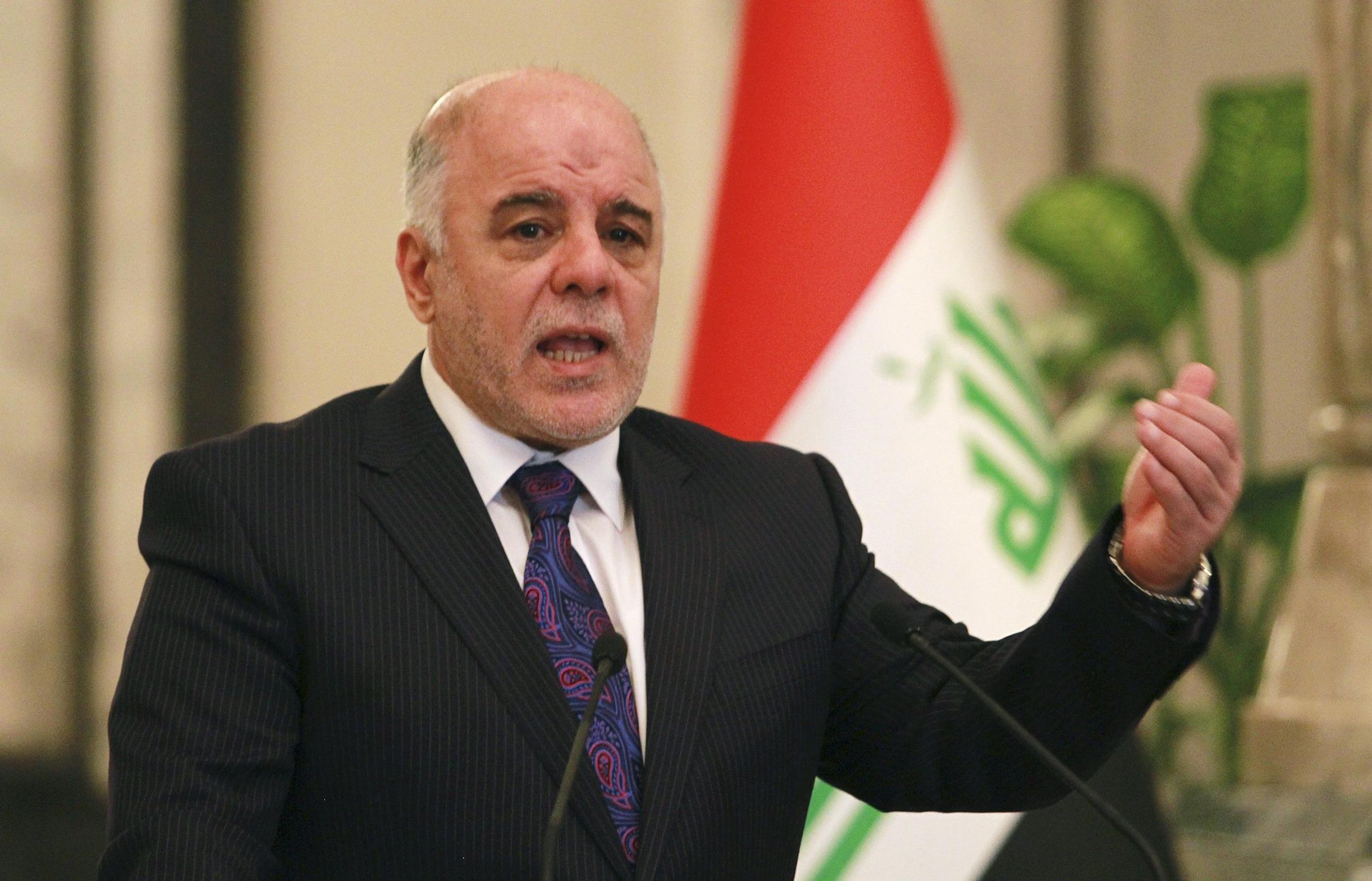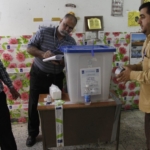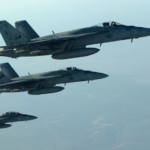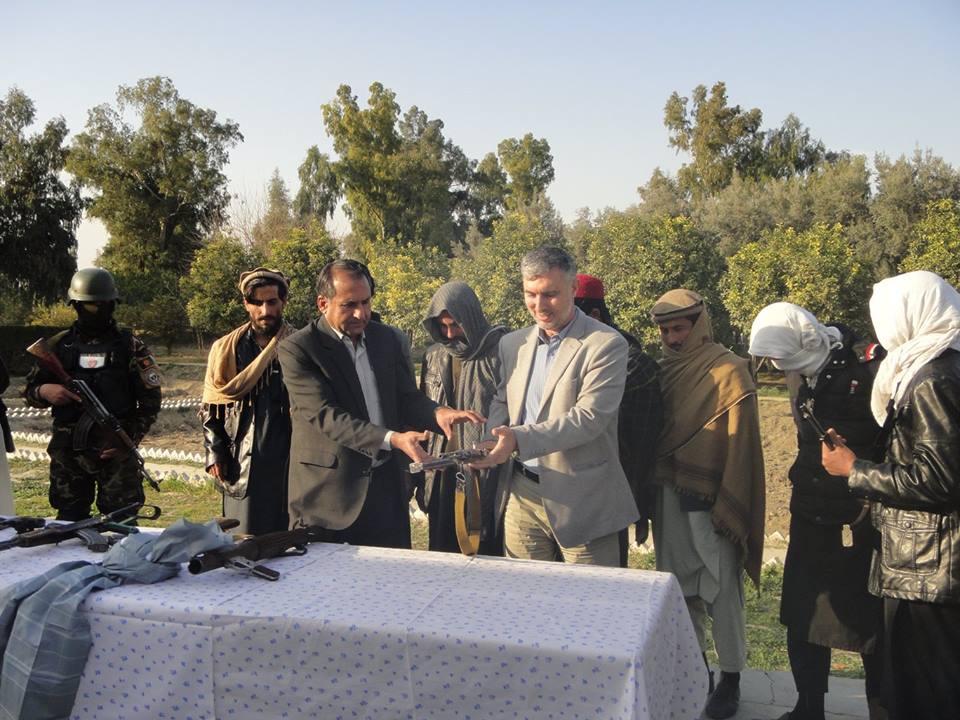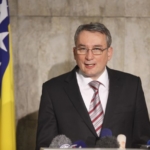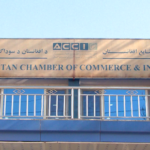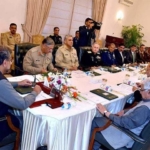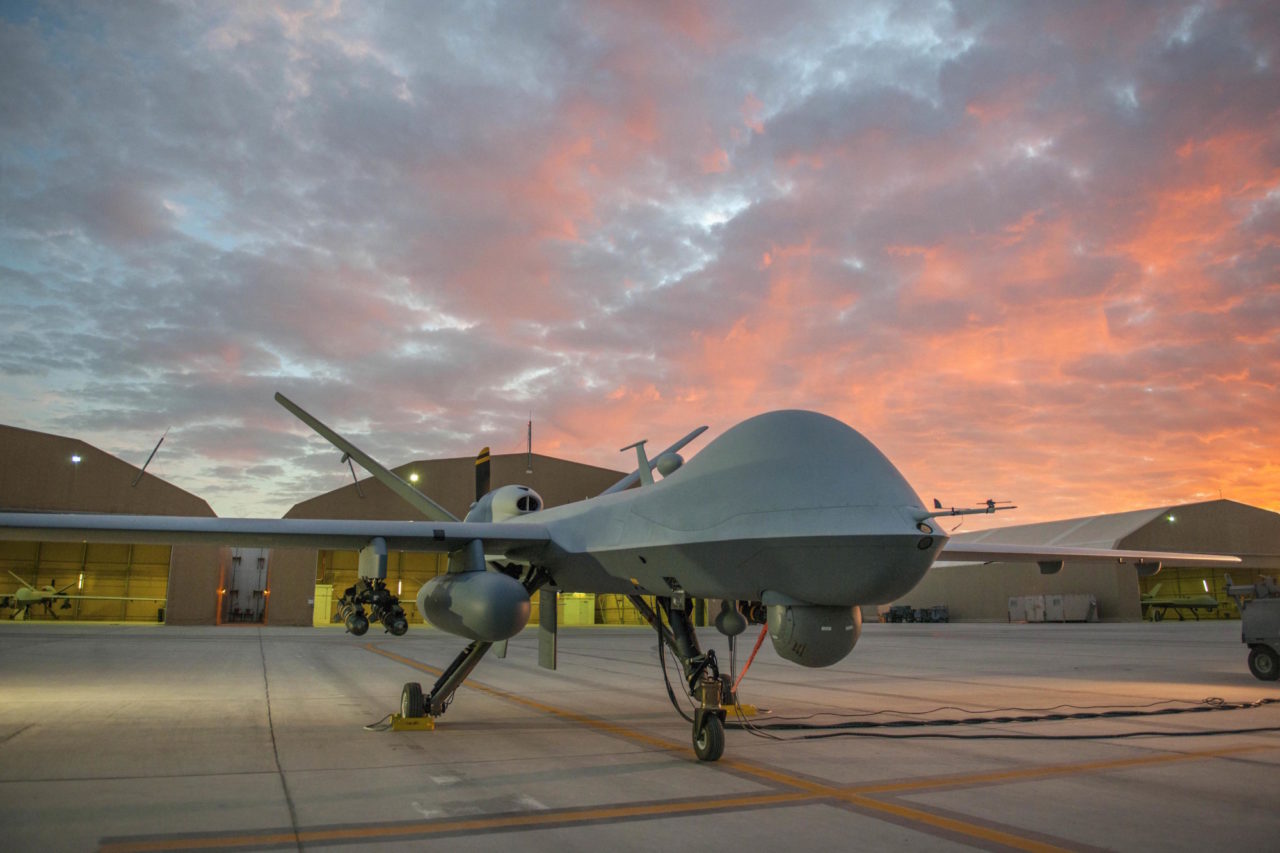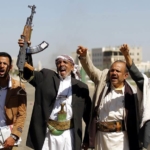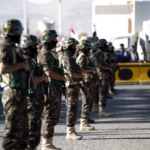Aoun signed the 1994 Officers’ Decree
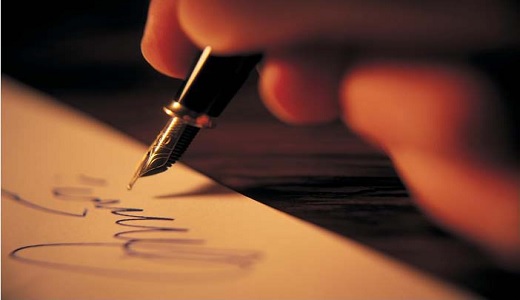
President Michel Aoun signed the decree promoting the officers of the army, security forces, general security, state security and customs in 1994, resolving the crisis that had lasted for weeks among the highest offices of the government. As part of the solution, officials agreed in a tripartite meeting at the Baabda Palace that the decrees will carry the signatures of Aoun, Hariri, of Finance Minister Ali Hassan Khalil of Defense Minister Yaacoub Sarraf. The Council of Ministers will meet on Thursday to resolve outstanding issues, including the reform proposals included in the new electoral law. In this context, Interior Minister Nohad al-Mashnouk said that the session dealt with the suspension of work in the magnetic voting card, modifying article 84 of the new electoral law. The introduction of the magnetic card, which will also be used as a personal ID, is one of the most obvious steps to automate the electoral process in an attempt to free itself from corruption and election manipulation, preserving the voter’s personal data and electronically reading it in various departments, project that should cost about $ 130 million.



